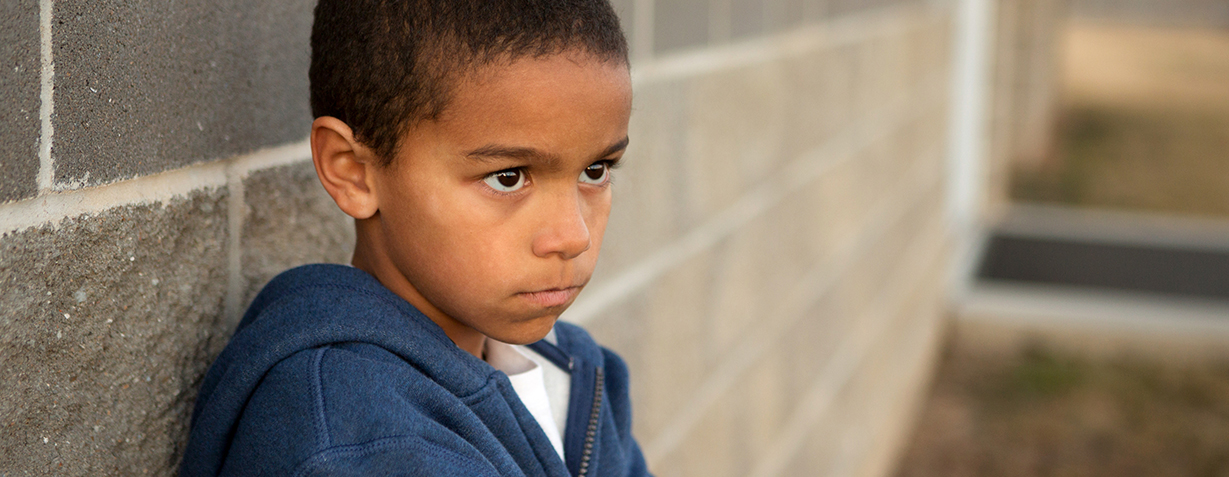PTSD Awareness Day - June 27
National PTSD Awareness Day in Canada is June 27. PTSD (post-traumatic stress disorder) is a mental health condition triggered by witnessing or experiencing a terrifying or traumatic event. Discover some examples of traumatic events that may trigger PTSD and some of the signs and symptoms of PTSD in children and teens, as well as a list of PTSD resources from AboutKidsHealth.
It is normal to have some temporary negative reactions after witnessing or experiencing a traumatic event.
A traumatic event is a frightening, dangerous or extremely stressful experience in which a child or teen is exposed to, or threatened with, death, injury, or violence. Examples of terrifying or traumatic events include:
- physical or psychological abuse or neglect
- bullying
- animal attacks or bites
- sexual abuse or assault
- a serious medical illness or procedure
It is normal to have some temporary negative reactions after witnessing or experiencing a traumatic event. PTSD is characterized by longer-lasting effects that interfere significantly with daily life and last for over a month after the traumatic event. Learn more about trauma and reactions to traumatic experiences in the AboutKidsHealth article for teens, Trauma.
Signs and symptoms of PTSD
Symptoms of PTSD are divided into four categories:
- Intrusion symptoms: The traumatic event 'intrudes' on your child’s or teen's everyday life.
- Avoidance of stimuli associated with the traumatic event: Your child or teen avoids or tries to avoid all memories, thoughts or feelings related to the event.
- Negative changes in thoughts: Changes include your child or teen being unable to remember an important aspect of the traumatic event. They may blame themselves or others for the causes or consequences of the traumatic event.
- Mood and altered reactivity: Your child or teen may be more reactive to their surroundings and what is said to them.
For more information about each category, including a list of symptoms for each category, please see Post-traumatic stress disorder: Signs and symptoms.
If your child has developed PTSD, it is important that they receive a proper assessment and treatment. Visit the following pages to learn about treatment options for PTSD in children and teens:
- Post-traumatic stress disorder: Overview
- Treatment with psychotherapy and medications
- Trauma: Treatment and coping methods
AboutKidsHealth is SickKids’ health-education website and features more than 3,500 articles on a range of health topics. For more information on post-traumatic stress disorder and other health topics for parents and caregivers, visit www.aboutkidshealth.ca. For more information about trauma and other health topics for teens, visit teens.aboutkidshealth.ca.


